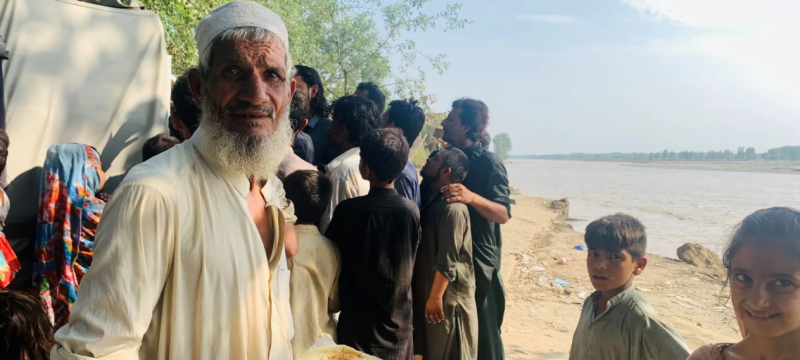Many of Pakistan’s street workers, who face the harsh realities of weather every day, view the changing climate as something beyond human control. For them, extreme heat, floods, and unpredictable rains are not scientific problems but acts of fate. This belief is central to understanding how Pakistan’s street workers see climate change as ‘God’s will’.
Across cities like Karachi, Lahore, and Multan, daily wage earners such as rickshaw drivers, fruit sellers, and construction workers continue their work despite the growing intensity of heat waves and storms. They experience climate change firsthand but often interpret it through a spiritual or religious lens. Many say that only God can change the weather — a reflection of deep faith and cultural perception.
Experts studying climate awareness note that this belief system influences how workers respond to environmental challenges. While global discussions focus on carbon emissions and renewable energy, the workers’ focus remains on survival and divine will. Understanding how Pakistan’s street workers see climate change as ‘God’s will’ provides insight into the gap between scientific communication and local realities.
For most, missing a day of work means losing income. Even during record-breaking heat, workers continue laboring on roads or open sites. Instead of discussing climate policy, they pray for relief. “It’s God’s decision,” one roadside vendor in Lahore said, “We just have to keep working.”
Climate experts warn that this attitude, though rooted in faith, may hinder awareness about the human causes of climate change. Without targeted education and support, vulnerable communities may struggle to adapt or demand better protections.
In short, how Pakistan’s street workers see climate change as ‘God’s will’ highlights the deep connection between faith, poverty, and environment. While their belief gives strength, it also shows the urgent need for local-level climate education and safety initiatives.
Read More : Internet services restored in Pakistan







